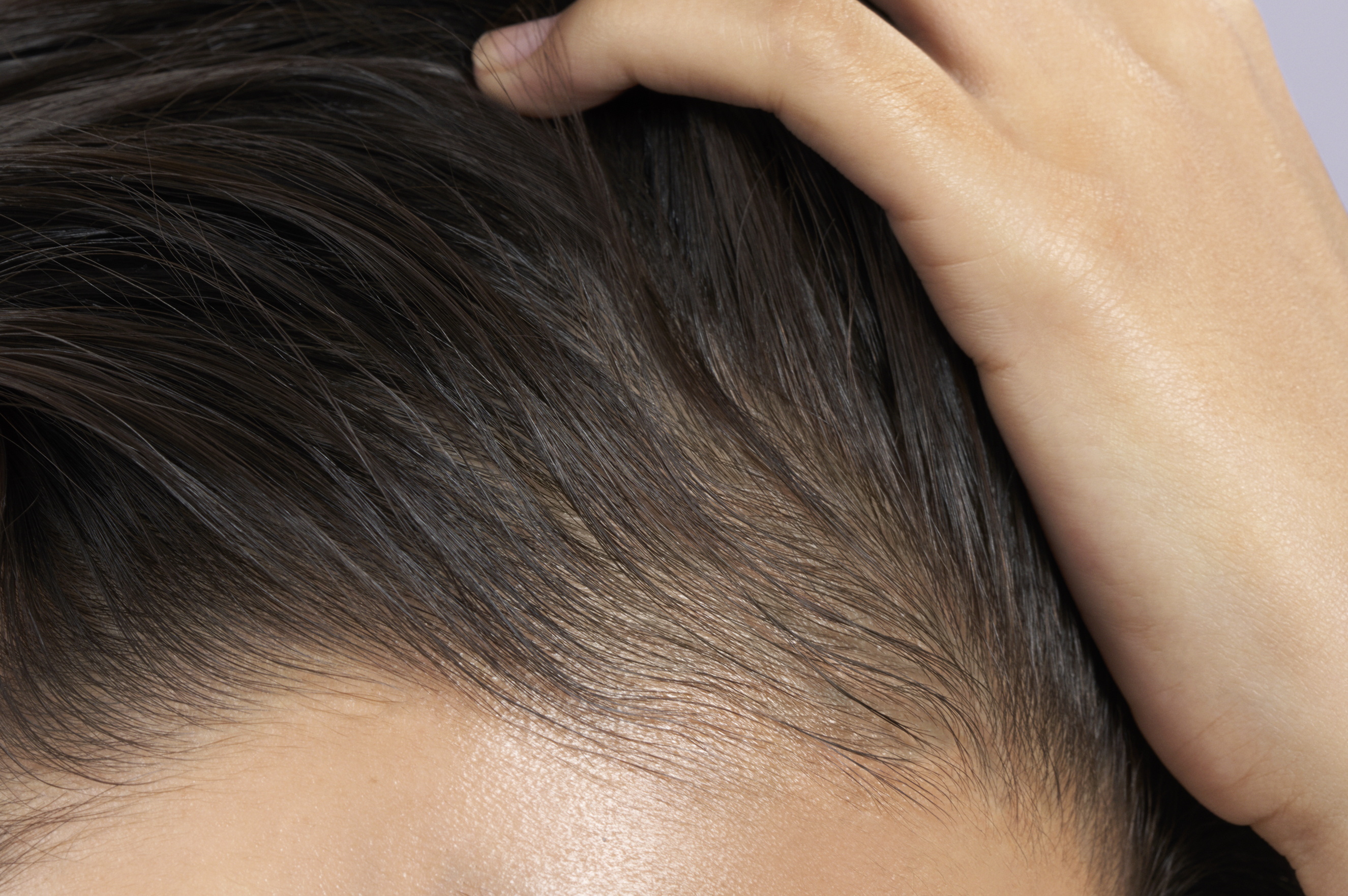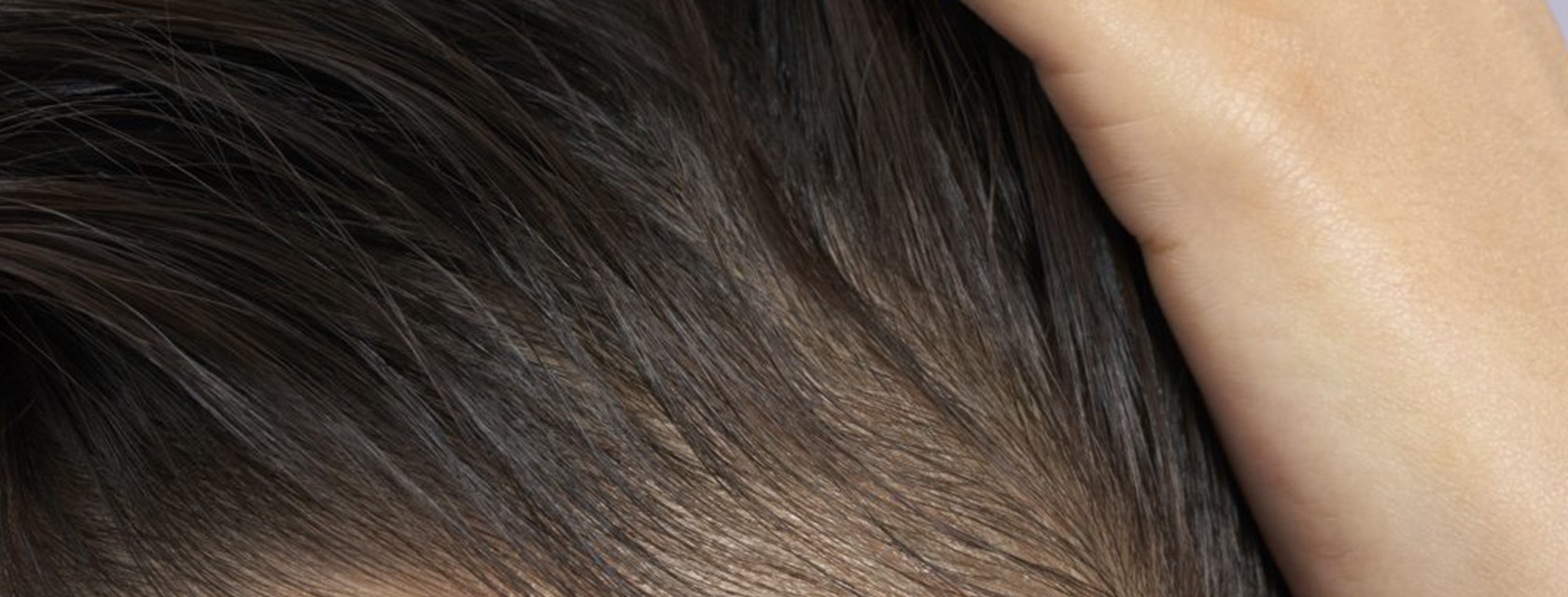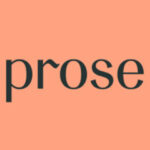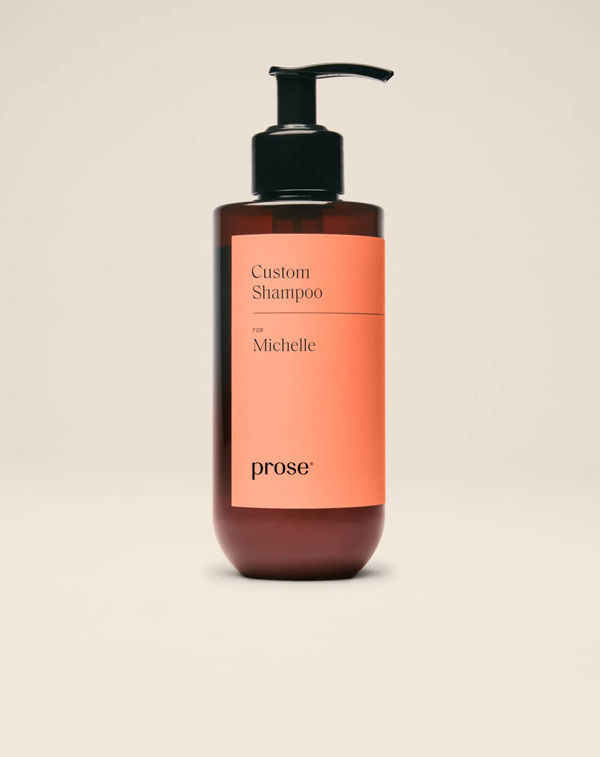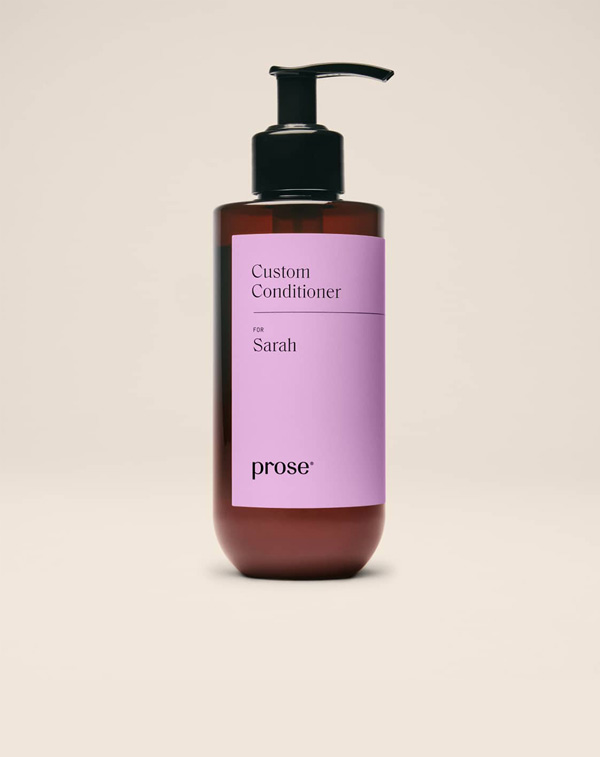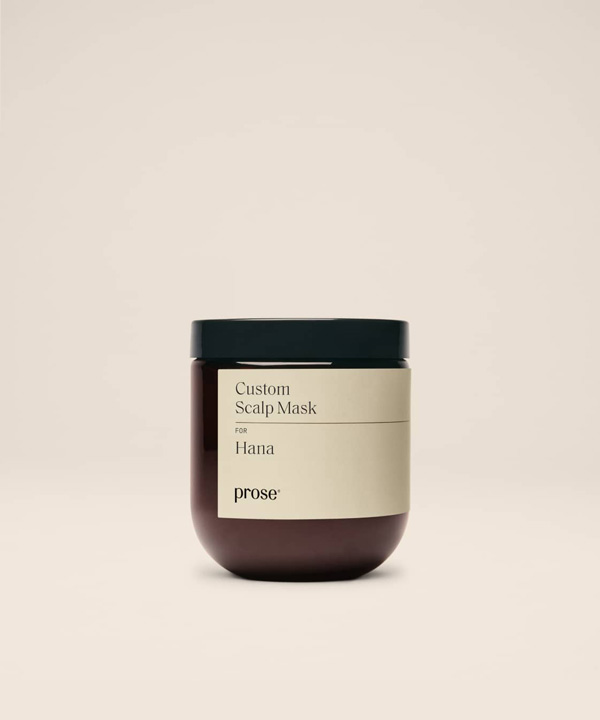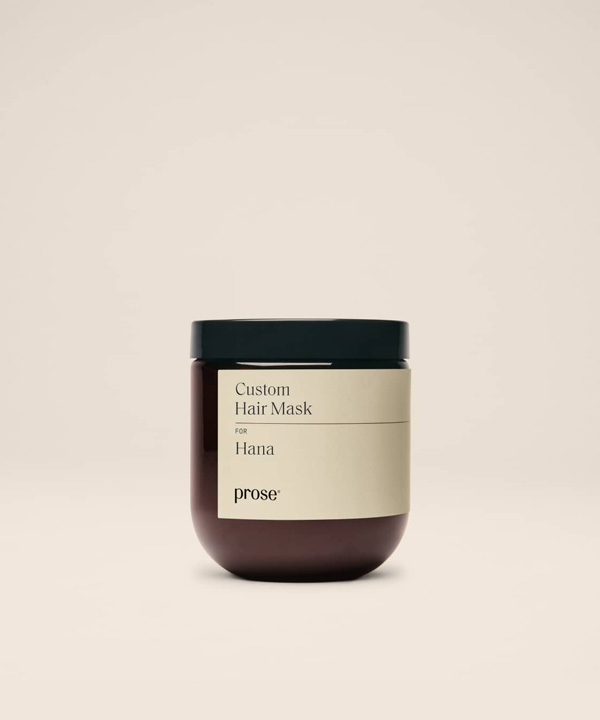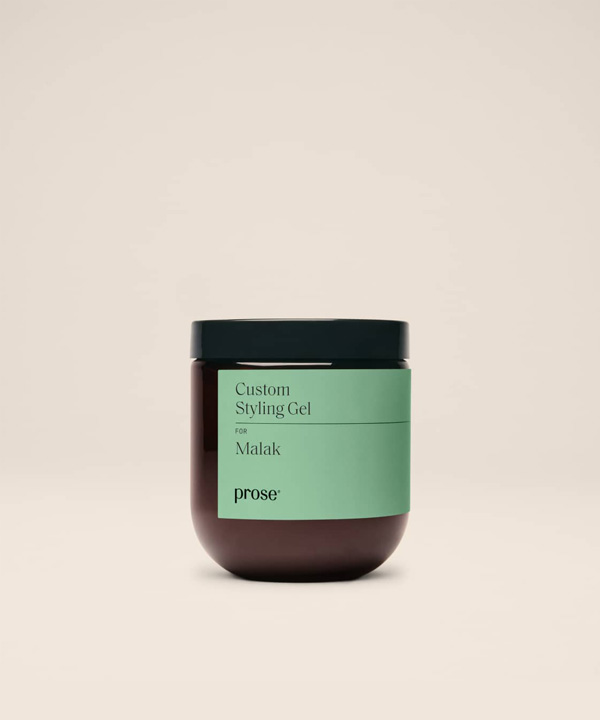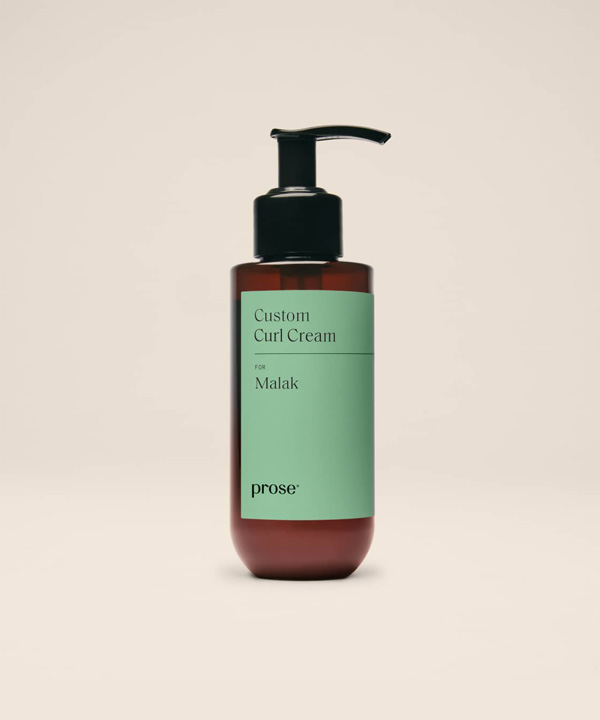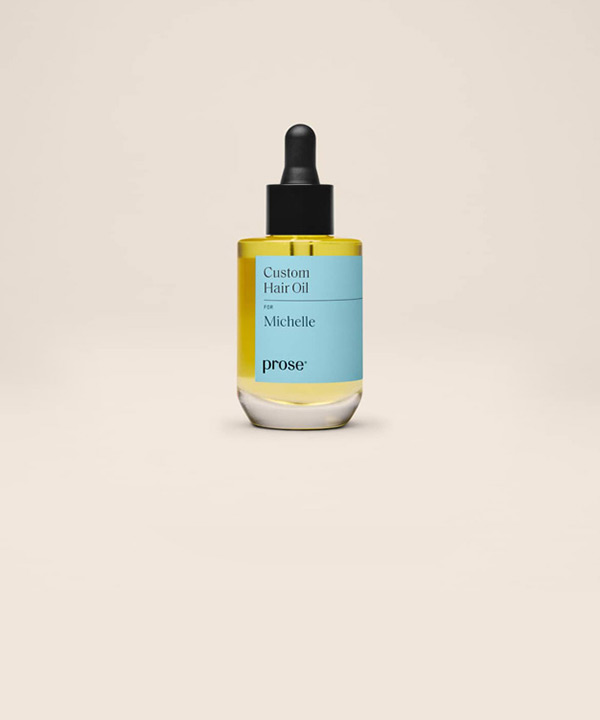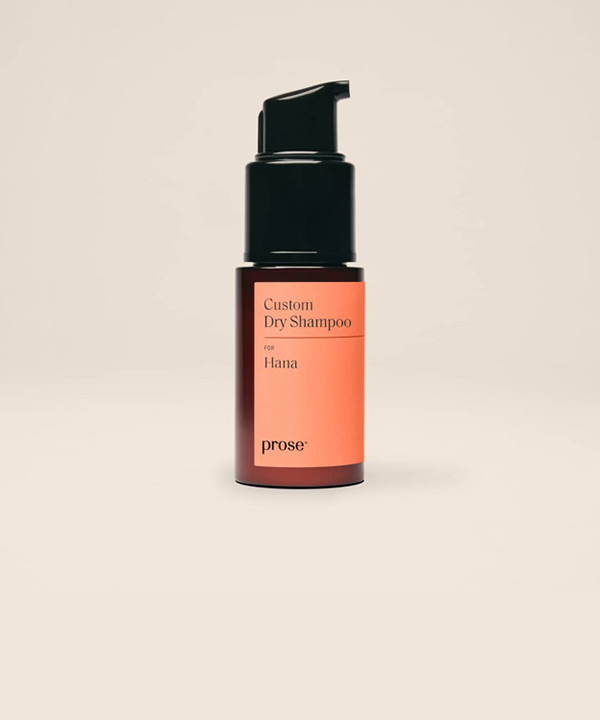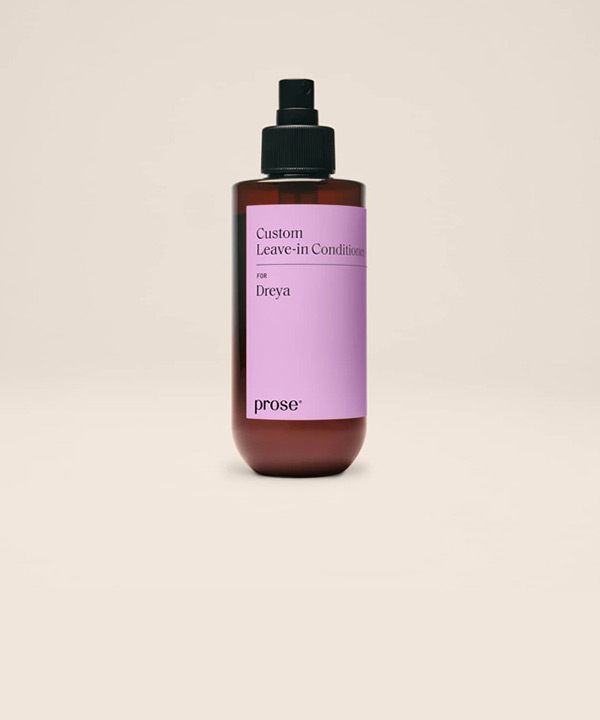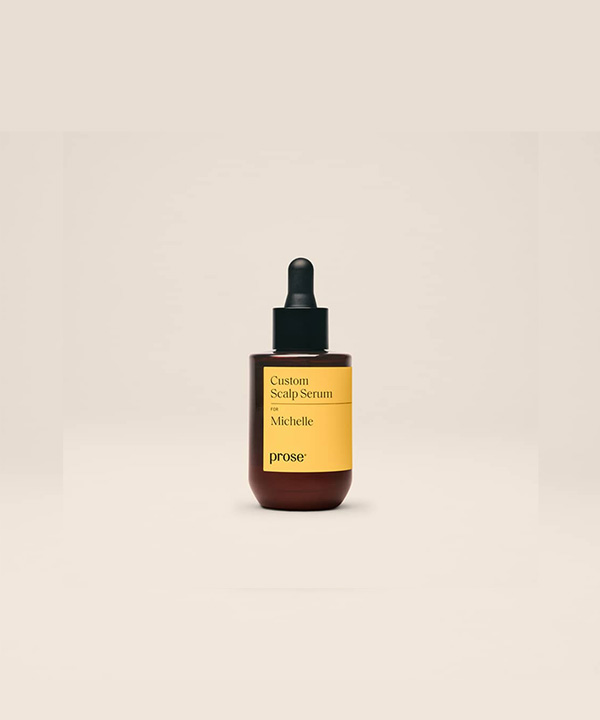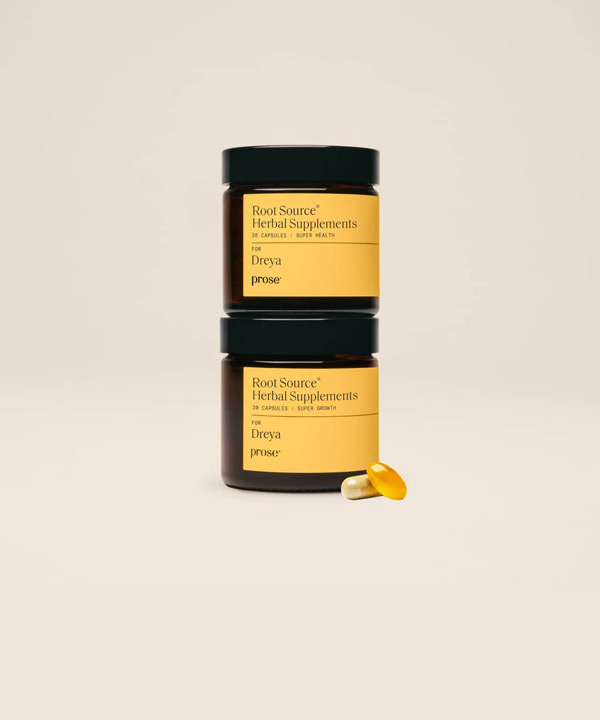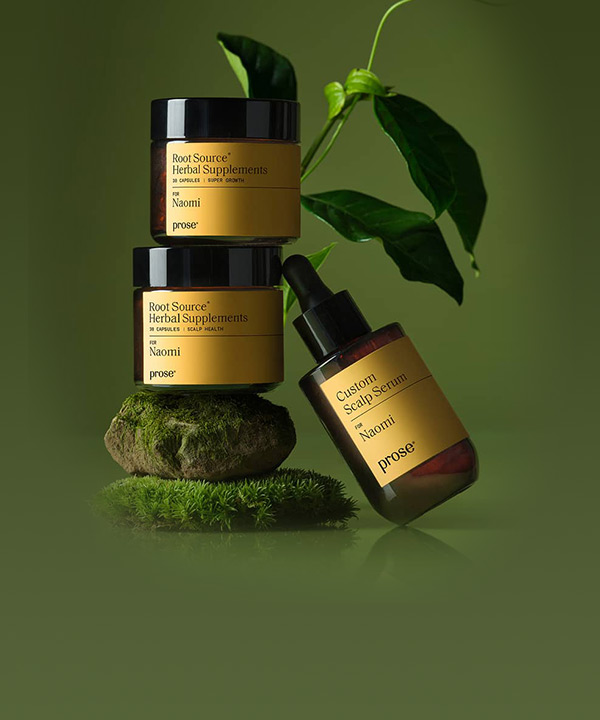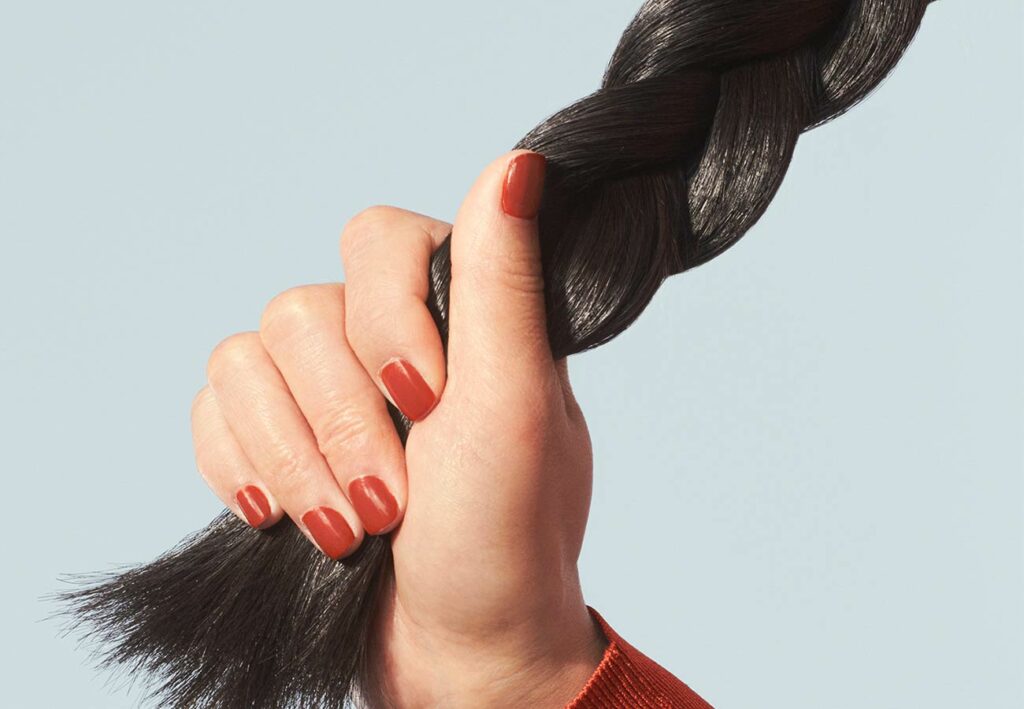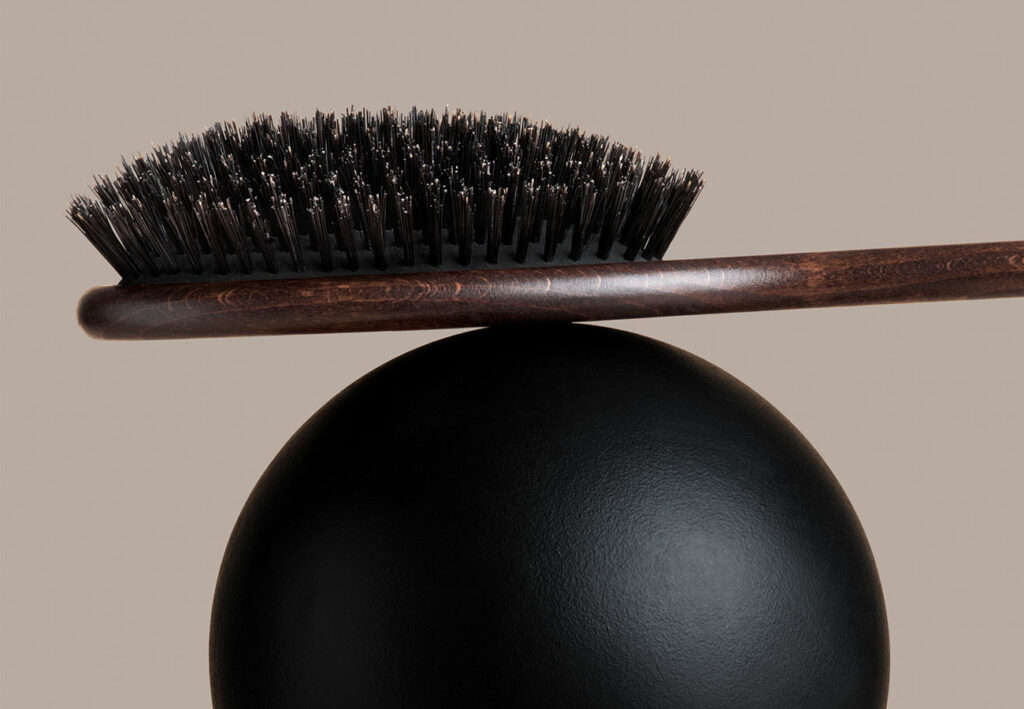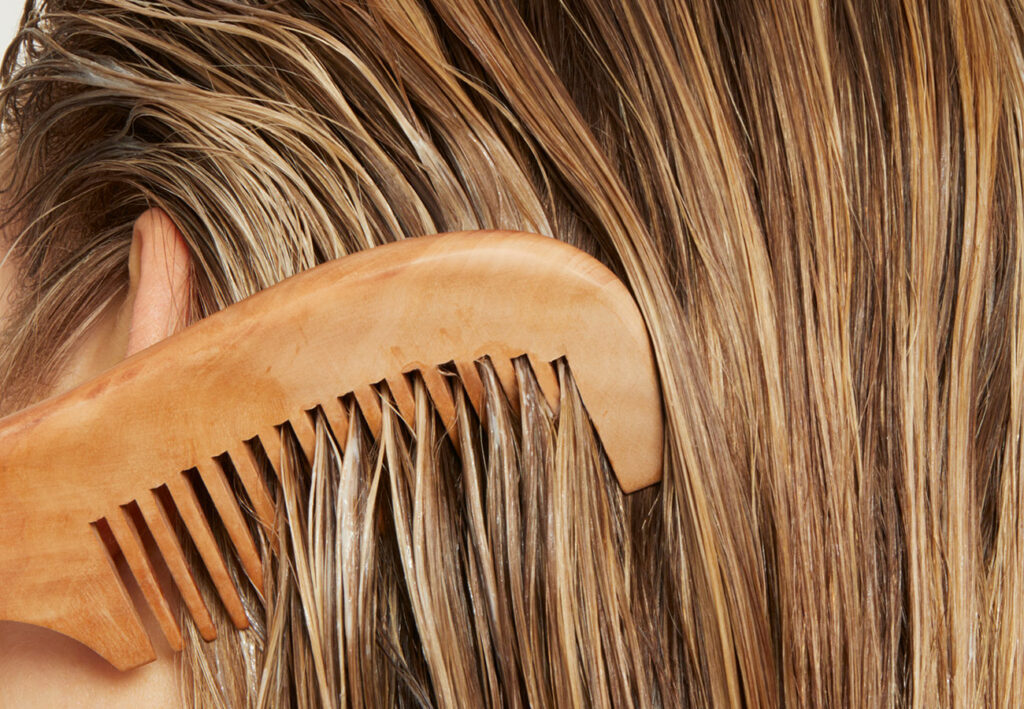First Things First: What Are Baby Hairs?
Baby hairs are extremely short hairs, and they’re called ‘”vellus” hair, which is Latin for wool. Just like wool needs more delicate care, so do baby hairs.
Baby hairs are:
- Finer in texture than regular (terminal) hairs
- Tend to be lighter in color
- Often described as wispy
- Delicate, fine, soft and light
- Only found around the hairline and can be on the front, sides or nape of the neck
How Do You Style Baby Hairs?
There are a few different ways to style your baby hairs, but the main two are laying them down or taming them with a round brush and a hairdryer:
- Lay them down. Lay them flat with a toothbrush and use gel, wax, mousse or hairspray. “You can either let the product set naturally, which can take time, or accelerate the setting process by using a diffuser on your hairdryer,” says Eloise Cheung, a hairstylist in New York City.
- Wild and free. You can also let them be free, but “they might need to be tamed with a small round bristle brush and a blow-dryer if you want to control their direction a little more,” says Cheung. She suggests using a little volumizing spray to help control them while drying your hair.
Should I Do Anything Special to Treat Baby Hairs?
Stylists recommend being extra gentle with baby hairs on the hairline, as they can be easily damaged. Helping to strengthen them with protein-based products should be an essential step in your hair care routine. Cheung suggests applying a tiny drop of face moisturizer or oil if your baby hairs seem dry.
Looking for the perfect oil to style your baby hairs? Our hair oil can keep your baby hairs hairline in place and add any needed moisture. The oil can be used as a finishing product to style or even as a treatment before washing. It is deeply conditioning and can help strengthen more delicate hair, such as baby hair.
But How Do I Know If Those Little Hairs Are Baby Hairs Or Breakage?
Location, location, location!
It’s easier to spot baby hairs because they can only be found on your hairline. In contrast, short hairs around the hairline caused by hair breakage can be found anywhere on your hair. Unfortunately, if your hair is dealing with breakage, it can be found from root to end.
You can spot broken hair as it’s:
- Uneven in length
- Usually has split or fractured ends
- Feel dry or rough to the touch
Always look out for hair breakage so you can address them sooner rather than later. Baby hairs are a natural part of your hairline, while breakage is a sign of damage that requires treatment.
Always made to order. Never made to waste.
Exclusive Trial Offer Get 60% Off + Free Gift
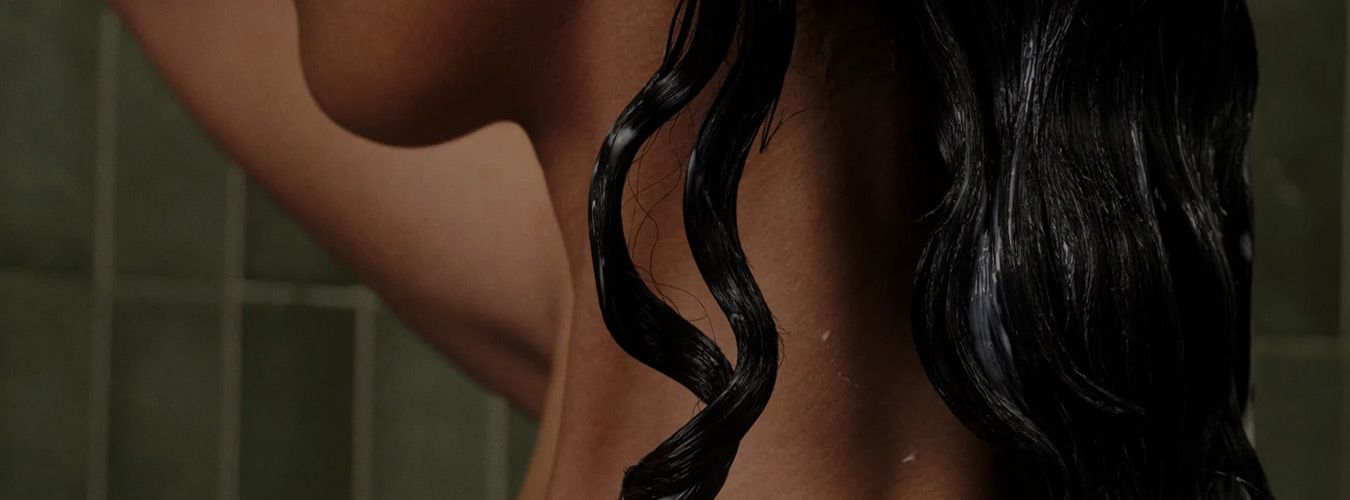
What Causes My Hair to “Break”?
While it would be nice to pinpoint one cause, there can be many contributing factors. According to Cheung, possible reasons include the following:
- Excessive heat styling
- Chemical straightening
- Over-drying
- Being rough with your hair when brushing and combing
- Day-to-day friction, like hair clips or elastics that pull on the hair
- Tight hairstyles, like buns, braids and ponytails
- Chemical damage caused by bleach
How Should I Treat My Hair If It’s Broken Or Damaged?
The treatment depends on what caused the damage. Sometimes, if you can pinpoint the exact cause (i.e., too much heat styling, tight hairstyles, etc.), changing habits can quickly fix the problem. However, in most cases, figuring out the deeper cause of hair damage is easier said than done.
Did you know using Prose shampoo and conditioner reduces hair breakage by up to 73% — that’s up to 1,500 broken fibers saved per month?**
Preventing Future Breakage
There’s good news: you can prevent future breakage. Taking care of your hair now can prevent breakage later on. Follow these tips to avoid future breakage:
- Use protective products like hair creams, heat-protective styling products, serums and hair oils. Some are meant to be used before heat-styling, while others are designed for dry hair to lock in your style and protect from external environmental factors. Adding these to your routine can help keep your hair healthier and minimize damage.
- Consider using Prose custom supplements. Your custom Root Source™ supplements provide natural and powerful ingredients known to soothe the scalp and help hair growth.
- In addition to limiting damage to your hair by letting it air dry, you can reduce heat styling and try to decrease the amount of bleaching.
- Protect your hair by using a satin or silk pillowcase. Cotton pillowcases can cause much more friction on your hair, which could result in more damage.
- A quality hairbrush is another way to care for your hair and limit breakage. Brushing your hair correctly can help stimulate your scalp, detangle your ends and distribute oil.
Time To Style
Now that you clearly understand what baby hairs on the hairline are versus short hairs around the hairline caused by breakage, you can get to styling! And whether you are styling baby hairs or using a deep conditioning treatment to help heal your hair, you’ve come to the right place. Start your consultation today, and let us help you bring your hair to its highest potential. We can learn more about your hair and create a formula that will support your hair growth.
*These statements have not been evaluated by the Food and Drug Administration. This product is not intended to diagnose, treat, cure or prevent any disease.
**Instrumental test vs. Non conditioning shampoo

